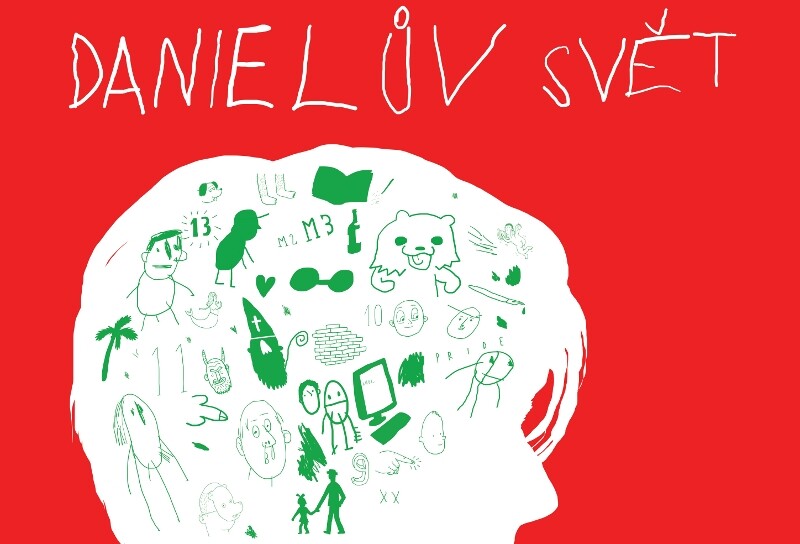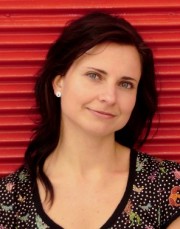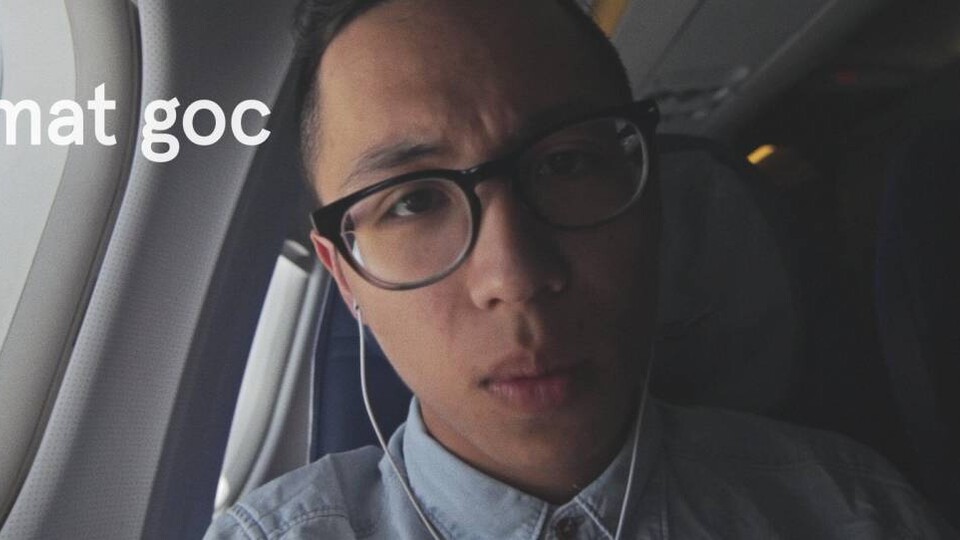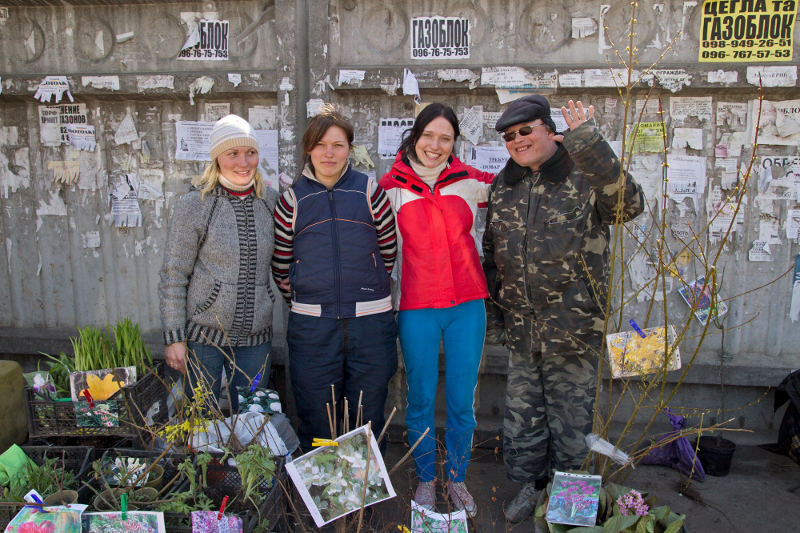On Pedophiles Without Prejudice
In this sensitive portrait of Daniel, who can only fall in love with a child, the director sought to demolish the label of sex offenders given to pedophiles and to highlight the taboos of modern society. A brave documentary encouraging discussion that would never be given the chance to take place, thus, setting a mirror up to the current level of social tolerance.
You decided to cover a subject that is still taboo. What led you to focus on pedophilia?
The impulse came from a friend, producer Zdeněk Holý. He called me, when he got angry about a television reportage, in which they did not distinguish between pedophilia and sexual abuse. He decided that it would it be worthwhile to find someone who defies all the stereotypes and make a movie about him. At first I was not convinced that I should venture into this topic. I myself was full of prejudice. My attitude changed once I met the first member of the pedophilia community and my doubts disappeared.
How difficult was it to finance this project?
We actually managed to fund the film from two sources. One of them was a state fund and then the second financial support came from the Czech Television. Because I have no illusions when it comes to how many people go to the cinema to see documentaries and because of how they are programmed in regions, it is important to cooperate with the Czech Television. If the film is broadcast on television at a good time, it may be possible to reach a different audience compared to festival goers or visitors of art house cinemas.
Were you convinced that you wanted to portray a good pedophile when you were in the preparation stages or did you have multiple versions?
Right from the beginning the former was the direction I wanted to take. It occurred to me that I’d provide a strong testimony if I focused solely on one specific personal story, and through it I would enter further into the community. Before I met Daniel, I attended a series of meetings and talked with about twenty to thirty people. Daniel was among the last.
Why Daniel?
I was looking for someone who wanted to give the film his best, which included relinquishing his anonymity and showing his face. I did not want to use any blurring out to hide the face or to present the protagonist as a masked phantom. My intention was to show one particular man in all of his earthliness and without stereotypes, if at all possible. Of course, it turned out that ninety-nine percent of the people in the community did not want to be in the movie if it were to be filmed this way. They would endanger themselves and their work. Daniel, however, had no problem with showing his face; he used it as a follow up for his literary debut. In fact, he had published an autobiographical novella under his name.
The film does not show any negative reaction to Daniel or pedophilia in general. Was this the intention or were you in fact never confronted with a negative reaction while filming?
Dan himself has certainly met with negative reactions from anonymous people on the internet. He does claim that he has never experienced a face to face negative reaction to this day, and he has made several coming outs. He regularly organizes readings, presents at conferences and debates with students. It is debatable if this is due to the fact that he is a likable young man. I hope it remains so even after the premiere of the film.
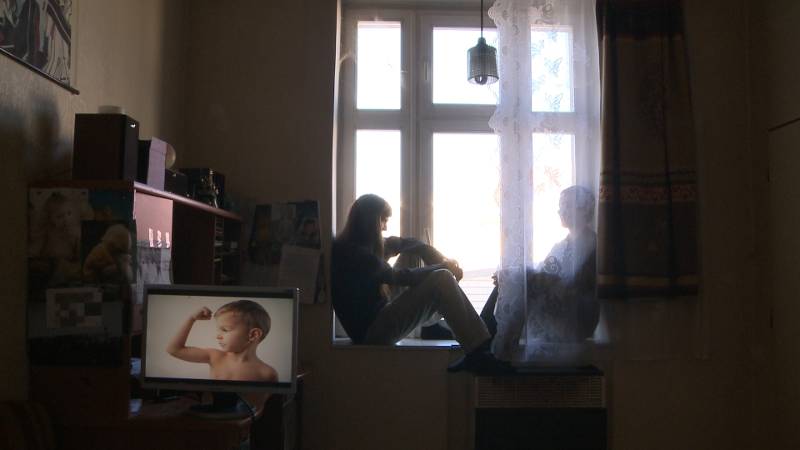
Daniel’s World
Lets talk about pedophilia
What do you think of the image of pedophilia in the media and in popular culture? Have you seen any other documentary films or feature films that deal with this topic prior to filming?
I came across a single Austrian film Outing (2012), which tried to openly process the issue of pedophilia. It differs from our film as it does not dive into the general issue of pedophilia, but plays more with the micro-theme of possible future guilt and also shows the tools of self-control the main character creates.
Do you think the issue of pedophilia is seen differently in our country compared to abroad? Do you think that pedophilia is more taboo in the Czech Republic?
Certainly pedophilia is not a bigger taboo here than elsewhere. I would even say that in this respect we are a step or two ahead compared to other countries, mainly because activities of the Czechoslovak pedophile community. There is a consultation forum and discussion forum. There are countries where similar community web sites couldn’t even exist. I therefore hope that the film will make it across the border. We would be happy if it could help foreign communities, professionals, students and the general public.
Did your view on pedophilia change after completing of the film?
The biggest change of view came already during the preparation to filming. All it took was to read something about pedophilia, meet with experts and people from the community and listen to their stories. I would be happy if the movie managed to facilitate and open a debate. We urge the public to find relevant information on pedophilia. The aim of the film is not to deny that there are those who pose a real danger among pedophiles. We do not want to downplay the issue. Rather, the point is to show that there is no link between pedophilia and sexual abuse of children in 90% of cases and that that form of love has a number of other connotations given to it. The greatest number of sexual offenses against children is committed by their relatives, who in the great majority are not pedophile oriented; a child is only the easiest subject of abuse. I think this is pretty vital information for both the public and pedophiles who are still coping with their orientation.
|
|
Veronika Lišková cooperated with a number of film institutions and festivals She also worked as editor-in-chief of Nový Prostor, sold by the homeless, and editor-in-chief of the festival daily dok.revue. At present, she works at the Institute of Documentary Film, a non-profit centre supporting creative documentary films in Central and East Europe. Her filmography includes the following titles: Touches of Dance (Doteky tance , 2010); Meantimes (Mezičas, 2010); Until God Do Us Part (Dokud nás Bůh nerozdělí, 2011); A Slightly Better World (Trochu lepší svět , 2012). The film Daniel’s World is her feature-length debut. It received the Audience award at 18th Jihlava IDFF 2014. |
This interview was published full-length in Czech in the Jihlava IDFF newspapers, dok.revue F02.
Translated by Floriana Skorulska

